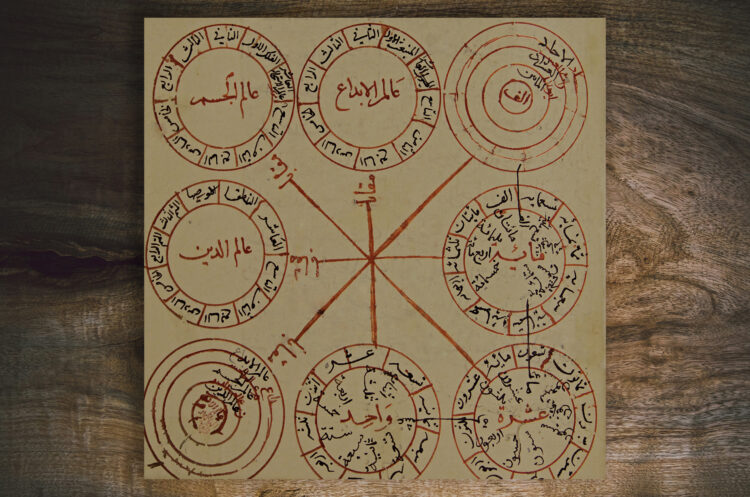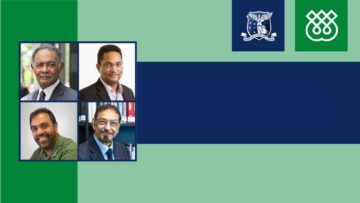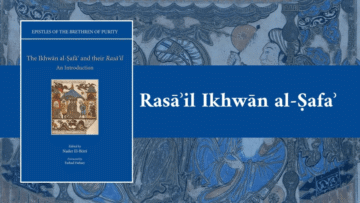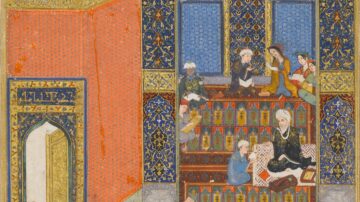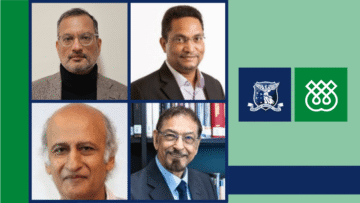The term “Sympathy” is derived from the Greek συμπάθεια, the state of feeling together (derived from the composite of fellow/together [συν]-feeling/passion [πάθος]). Dr Maria De Cillis sheds light on how the notion of “sympathy” has been used across time and by different intellectual/religious traditions. In particular, she looks at the Stoic and Neoplatonic notion of sympatheia highlighting how, in the late classical and early Hellenistic period, it was employed to make sense of the natural world, across a plethora of disciplines.
Speakers
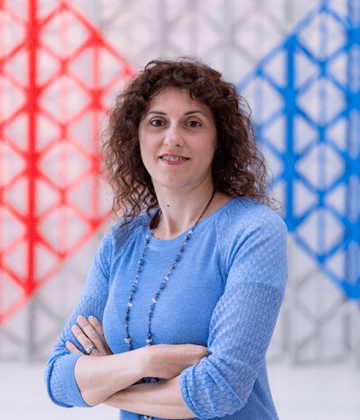
Dr Maria De Cillis
Associate Professor and Shiʿi Studies Head (Interim)
Dr Maria De Cillis is an Associate Professor and Head of the Shiʿi Studies Unit (Interim) in the Department of Academic Research and Publications at the IIS, where she is also the Managing Editor of the Shiʿi Heritage Series. Dr De Cillis obtained her bachelor’s degree (with honours) from the Faculty of Languages and Literatures in the Department of Arabic and English Studies at the Universita’ degli Studi di Napoli “L’Orientale”, Naples, Italy. She completed her Master’s in Islamic Studies (with distinction) and was awarded her PhD in Islamic Studies from the Near and Middle East Section, Faculty of Languages and Cultures, SOAS University of London.
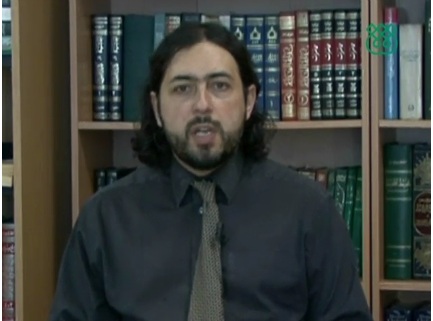
Dr Toby Mayer
Dr Toby Mayer is a Research Associate in the Qur’anic Studies Unit at The Institute of Ismaili Studies, London. After completing his undergraduate degree in Indian Studies at the University of Cambridge, he went on to study Medieval Arabic thought at the University of Oxford, where he wrote his doctoral thesis on the Book of Allusions (Isharat) by the major Persian philosopher Ibn Sina.
Islamic History and Thought Lecture Series
Hosted by The Institute of Ismaili Studies (London) and convened by Dr Orkhan Mir-Kasimov, the Islamic History and Thought Lecture Series is designed to invite scholars of various international academic institutions, specialising in intellectual, social and political aspects of medieval and early modern Islamic societies, to present and discuss their research. Watch previous lectures on our YouTube channel.
Watch on YouTube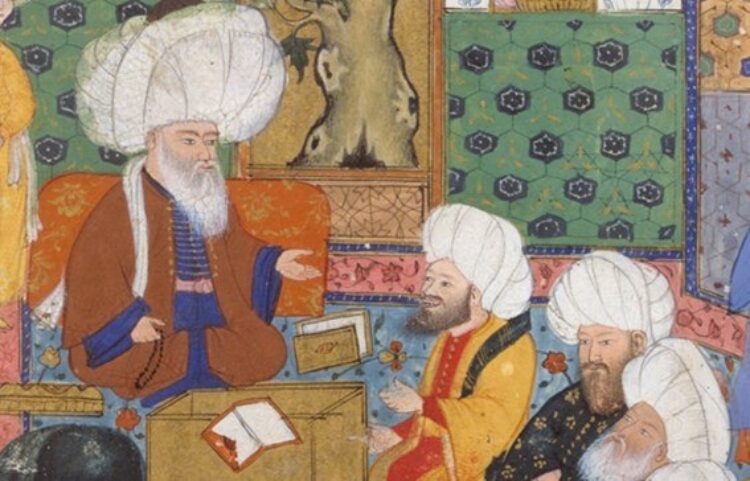
Views expressed in this lecture are those of the presenting scholars, not necessarily of IIS, the Ismaili community or its leadership. Promotion of this lecture is not an explicit endorsement of the ideas presented.

